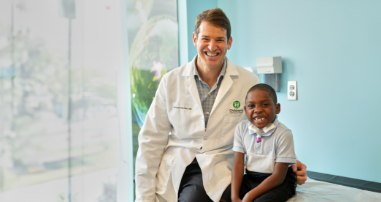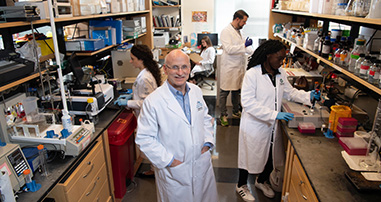
Page Not Found
Uh-oh! Looks like you found a boo-boo.
The page you’re looking for isn’t available, but our search bar is sure to get you back on track.
No need to worry—the rest of our website is up and running.

Parent & Family Resources
At Children's, we’re more than a healthcare provider; we’re a support system for families all across Georgia. Our pediatric experts are here for you with resources, information, and services to help you be the best parent you can be.
More Resources




